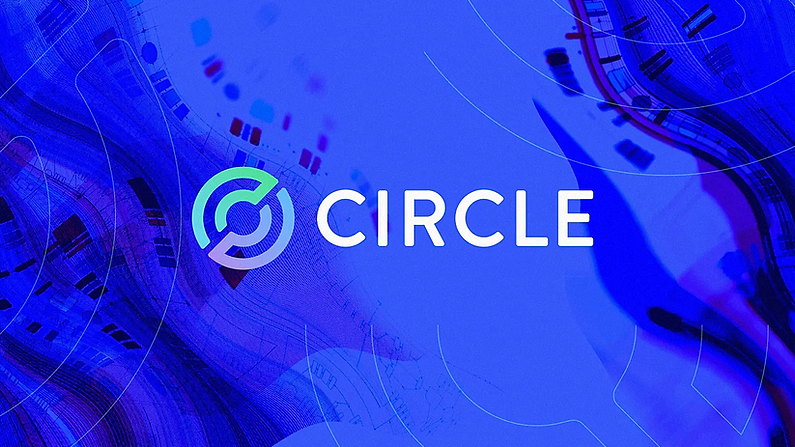Circle opens a new door to the future with its Programmable Wallet. Read on to find out new exciting ways to how we exchang value.
Circle Unveils Programmable Wallets as Part of Web 3.0 Services Line
Circle, the issuer of the USDC stablecoin, has launched Programmable Wallets. Aimed at enhancing digital-asset transactions for businesses and consumers, this platform seeks to streamline the process of sending, receiving, and storing cryptocurrencies, including Circle’s own USDC stablecoin and non-fungible tokens (NFTs).
Origin of the Programmable Wallet
Having originated from the Ethereum Genesis block in 2015, Ethereum has grown into the leading blockchain network over the last eight years. Notwithstanding this growth, fewer than 0.5% of global developers are actively engaged in building crypto-enabled applications.
Despite advancements in scaling infrastructure, there remains a need to simplify the development of blockchain-powered apps. Since the introduction of the USDC in 2018, Circle has persistently pursued the enhancement of blockchain user experience.
This pursuit bore fruit with the introduction of the Cross-Chain Transfer Protocol (CCTP) earlier this year, enabling the native flow of USDC across multiple blockchains, thereby unifying liquidity in the Web3 landscape.
Enter Programmable Wallets – the debut product in Circle’s Web3 Services portfolio. Designed to empower developers, this offering facilitates the embedding of secure crypto wallets into applications, harnessing the speed and global reach of Web3 technology for users.
These wallets serve as a bridge between the current internet infrastructure and blockchain networks, abstracting complexities related to security, transaction management, interoperability, and more, thus accelerating application iteration.
Exciting Applications for the Wallet
Over 4,000 businesses are already engaged in building with USDC, revealing the diversification of wallet needs across various sectors. Programmable Wallets cater to these diverse requirements. It offers developers the flexibility to tailor the wallet experience to their specific use cases. Whether it’s financial management, trading, DeFi applications, game development, or e-commerce, the configurable nature of these wallets maximises ownership while ensuring usability.
One of the core strengths of Programmable Wallets lies in their adaptability. Developers can select from a range of security controls. They can choose between user-controlled and developer-controlled wallets. For instance, while some may prefer to manage assets on behalf of users, others might prioritise granting full control to the end-users.
The accessibility of this offering is underscored by its self-service, end-to-end approach. Developers can swiftly sign up, construct, and deploy wallets and transactions within minutes, supported by a comprehensive set of tools in the developer console. This console acts as a hub for debugging, launching, and scaling Web3 applications.
With their suite of solutions – including USDC, CCTP, and now Programmable Wallets – Circle seeks to empower developers to swiftly construct, deploy, and scale blockchain-powered applications across diverse use cases, regardless of their chosen blockchain network.
Core Attributes of Programmable Wallets
User-Controlled Wallets: These empower end-users to initiate transactions, granting them complete control over their assets.
Developer-Controlled Wallets: Developers can manage assets on behalf of users, providing a familiar, streamlined experience.
REST APIs: Robust APIs facilitate the management of both user-controlled and developer-controlled wallets, as well as transactions.
SDKs for Faster Development: iOS and Android SDKs expedite development and enable customisation of wallet UIs.
Webhooks: Real-time updates on transactions enhance user experience.
Wallet Operations Dashboard: Developers can monitor transactions, offer support for failed transactions, and more.
Multiparty Computation (MPC) Security: Built-in cryptographic security, with Circle managing the infrastructure.
Blockchain Agnostic: Build once, deploy on various networks, including Avalanche, Ethereum, and Polygon.
Scalable Payment Model: Pay-as-you-grow pricing, with a rebate on USDC usage.
With the launch of Programmable Wallets Beta, Circle opens a new chapter in the crypto-payment landscape through their Web3 Services Developer Console.

